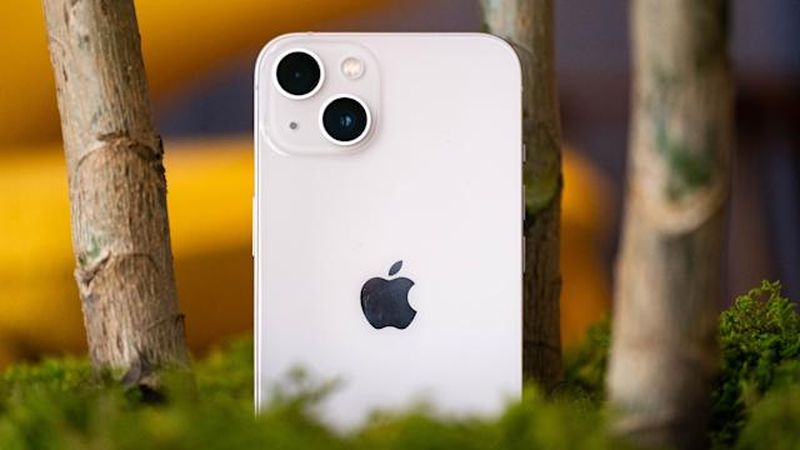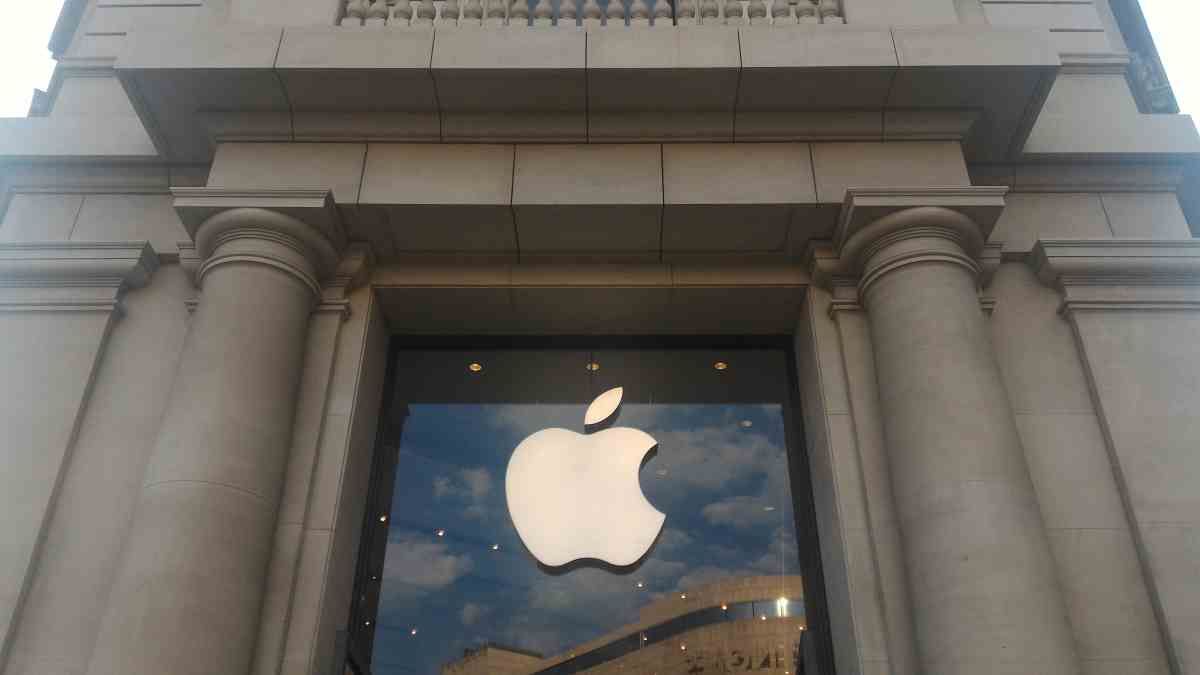Apple is working on new mental health tools, this time focusing on anxiety, sadness, and brain fog detection and diagnosis.
An iPhone may be used to perform data analysis based on indicators such as sleep routines and mobility information.
Monitoring the mental health status of its users from the iPhone
This information was initially reported by The Wall Street Journal, which cited sources familiar with the subject and referred to related documents that reached its editorial office.
In addition to the health indicators mentioned in the preceding lines, the system Apple is working on would also contemplate the analysis of the facial expression and the heart and respiratory rates of its users. All of this data would be handled on the device, without requiring it to be transmitted to Apple’s servers.
If, as a result of the analysis, the system detects data that corresponds to a picture of depression, anxiety, or another covered condition, it will eventually urge its users to seek help.

The second study is ongoing research called UC’s 2020 Study on Depression, Anxiety, and Stress, which began in August 2020 with data from 3,000 iPhone and Apple Watch users. The researchers say that they compared the data detected with the user’s responses to a questionnaire in order to conduct this study. The level of cortisol, the stress hormone, will also be monitored during this three-year project, according to the researchers.
Another notable study was announced in January, as part of a collaboration between Apple and Biogen Pharmaceuticals. This research, which will follow 20,000 participants for two years, will focus on cognitive performance and impairments that might be detected at a low level but can lead to Alzheimer’s disease.
Given the early stage of this study, the findings of which cannot yet be regarded definitive, it is doubtful that these features will be implemented in the near future. In order for data gathered and evaluated to be of genuine value, these tests must be validated by the scientific community, particularly by health professionals.
The news that Apple is working on new health features is not surprising per se. The Apple Watch’s health features are one of its biggest draws. Apple just released an update to watchOS that includes more detailed sleep tracking, a new mindfulness app, and a feature that measures walking stability, and rumor has it that the next hardware version of the watch could bring a blood glucose sensor and a fertility monitor based on body temperature.
But a “detector” for depression, anxiety, or cognitive impairment is another matter. If these studies demonstrate the viability of the iPhone and Apple Watch to recognize patterns related to mental disorders, especially mental health disorders, which are highly stigmatized, Apple will likely tread lightly when it comes to marketing the feature.
At the moment, there’s no way to know whether these detection systems for mental health issues are effective. However, there is a growing indication that plans are in place to develop toward a more reliable system.





